Bill: I’m talking to you, somebody who’s about to move here with your husband to make your life in Ashland, Oregon, in the Rogue Valley, in rural southern Oregon. I’m also talking to you from my perspective, as somebody with a son who just finished his freshman year of college and a daughter who’s entering high school. I’m so mindful that my kids’ childhoods were spent in this community—everything that’s been glorious about that and everything that’s been challenging about that in terms of Ashland being a somewhat isolated, rural community that is historically largely white and is still largely white in terms of racial diversity. That is in my heart as we talk, and as you make your transition and as I make mine.
I have, throughout my career, been very concerned with how marginalized voices can be put at the center of the art and the discourse in our field, and throughout my years at OSF, the field has continued to change, and I’ve continued to change. I have been challenged by colleagues, audiences, and guest artists in terms of how I navigate the waters of that kind of life’s work, and that’s what I take with me. I’m anticipating being the artistic head of an art center that’s at the World Trade Center, and everything that that means in terms of the proximity to Ellis Island, the proximity to the Statue of Liberty, what 9/11 means in this country.
Nataki: And all the contradictions inherent in that.
Bill: Absolutely. So, honestly, the first thing that comes to mind with your question is about challenge: the culture of challenge, challenging and being challenged, and the culture of not accepting the first answer but digging deeper, deeper, deeper and trying to challenge myself and keep my heart open to challenge is what I’m carrying with me into the Perelman from my years at OSF.
Nataki: I have a really good friend, who’s actually a former student of mine, who said to me once: “Scars are thicker than skin.” We make our way with our scars as our badges of how we’ve survived, but what we’ve had to survive is also so important, as is the impact of that survival on what we do next. It’s all learning, right?
Bill: And try to find joy in all of that. And know the joy lives in the struggle.
I know that my personal values have shaped the theatres I’ve worked at to a degree, but I also feel like my personal values have been shaped by the theatres I’ve worked at.
Nataki: I am deeply perplexed by people who are challenged by doing their work amongst people who are still learning, which is a joy of this job. There’s always somebody coming up behind you, and they usually don’t know what they don’t know. Part of the joy for me comes when I allow myself to quiet my need to know what I’m doing, to relinquish control, and to just deal with where my heart is and my spirit is. To be open to what is being asked of me.
Leadership is partially about getting out of the way so that you can listen to the challenge and be prepared and open enough to receive what the challenge is teaching you.
Bill: I have two responses to what you just said. When I was a younger director, I used to really struggle when I really liked how a scene was constructed and then an actor said: “I want to try something completely different.” That was so threatening because I was afraid of losing what we’d already built. I’d wonder: What if they like their new choice better than I do, then what am I going to do? Am I going to respect their impulse to the point that I have to let go of a thing that I prefer? I think I’ve gotten better—I hope I’ve gotten better—over the years. It’s about relaxing and opening my heart and saying, “Great. Let’s try that. I can’t wait to see it,” and genuinely being curious to see, open to the possibility that there is a better option than the one we’ve already worked through.
Nataki: And there’s a better idea beyond that, too. Deeper, better, stronger.
Bill: That’s the joy of rehearsal. The other reflection I have is about when you and I were at a fundraising event together in Seattle, and you spoke with unbelievable clarity and passion, and it did not feel like you were searching for your words. They poured out of you, and I commented on that, and you talked about where it was coming from. I would love for you to reflect on the inspiration of being in the zone as a leader and where that comes from for you. In the times when that’s not coming, and you’ve got to muscle through and fake it—in the rehearsal room, in the board room, in front of a group of patrons, in any situation—how do you do that?
Nataki: It’s all about getting out of the way of what is needed from you and through you. When I’ve had to fake it, I usually have to come back and apologize for it because it goes awry almost immediately. What I have to be conscious about is that this situation I’m in is a blessing. I’ve worked hard to be here, and I am blessed to get to do this work. There’s still nothing in the world I’ve experienced that says I have to be here, that I’m required to be here.
Bill: Nobody’s forcing you.
Nataki: Right! If I am here, it’s because I’m here on a blessing and I can spend that blessing in a way that allows me to make the greatest amount of impact, or I can spend that blessing like, “I only have it right now, and I have to get it all done, and I’m going to control it.” I’m going for the long game. That gives me longevity because I’m blessing the blessing, blessing the blessing, blessing the blessing.
The other thing is: I don’t have a choice. My family is in service. The people who loved me into existence placed at my foundation this idea that I’m in service. Whenever I have allowed my ego to cloud the way I move through this work, I have always failed.
Whenever I have allowed my ego to cloud the way I move through this work, I have always failed.
I really do believe that I owe it to the people who come behind me to provide the most impactful example of leadership. I know that the reason I’m here is because somebody did that for me. I stand on the shoulders of people who provided the path for me. I’m here on the hopes, dreams, desires, and hard work and labor of so many people who are fighting to make impact in this industry, who have been silenced and who have been shoved into the corner and told to shut up over and over and over.
For a lot of people, my appointment as artistic director at OSF is emblematic of possibility and future. I broke through something that was unbreakable, and literally was unbreakable until right before the moment of breakthrough. I am here because hands were moving, were pushing, were pulling. That is an immense responsibility, and I’m grateful and blessed to be the one to carry it. At least for now. In ten years, there’s a generation of people who won’t even be able to imagine that it’s not possible.
When you first announced that you were leaving this position, the first thing I said was, “There’s no way. There’s no way.”
Bill: About yourself?
Nataki: Yeah. There’s no way I’m going to get that.
Bill: You have used the word “blessing” or “blessed” and “gratitude” or “grateful” multiple times. I want to share a reflection from my college mentor, an amazing woman named Joann Breuer, because as directors and as artistic leaders, we bemoan the passage of time. When I was in college and was struggling to become a director, she said, with incredible clarity: “Time is only one resource, and it’s often not the most important, but we often think it is.” I don’t remember if she actually said this next part or if I’ve coined this over the years, but the phrase is: “You can change the world in five minutes, and you can waste an entire lifetime,” and that has really stuck with me.
Nataki: I’m going to put that one in my pocket.
Bill: One of the things I learned from you and our friendship over these seventeen years, and especially since we’ve been in this game of overlap, this transition struggle and this transition gift, is how we’re using our time. The quality of how we’re using our time immediately increases if we ground ourselves in the sense of blessing and in the sense of gratitude. You are definitely a teacher for me on that.
Nataki: Thank you for that. I’m glad that’s what the gift is.
Bill: One of many gifts.
Nataki: Can I ask you another question?
Bill: Yes.

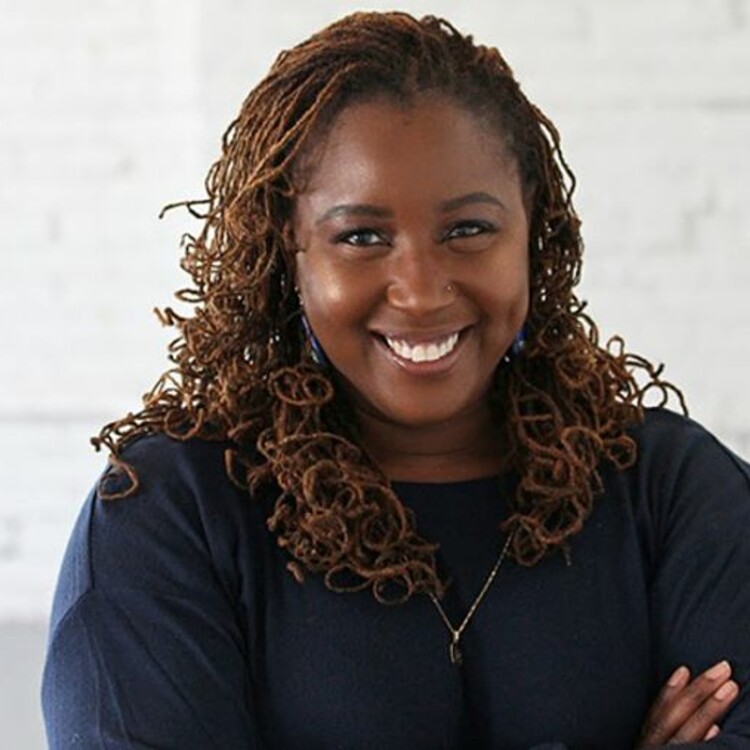
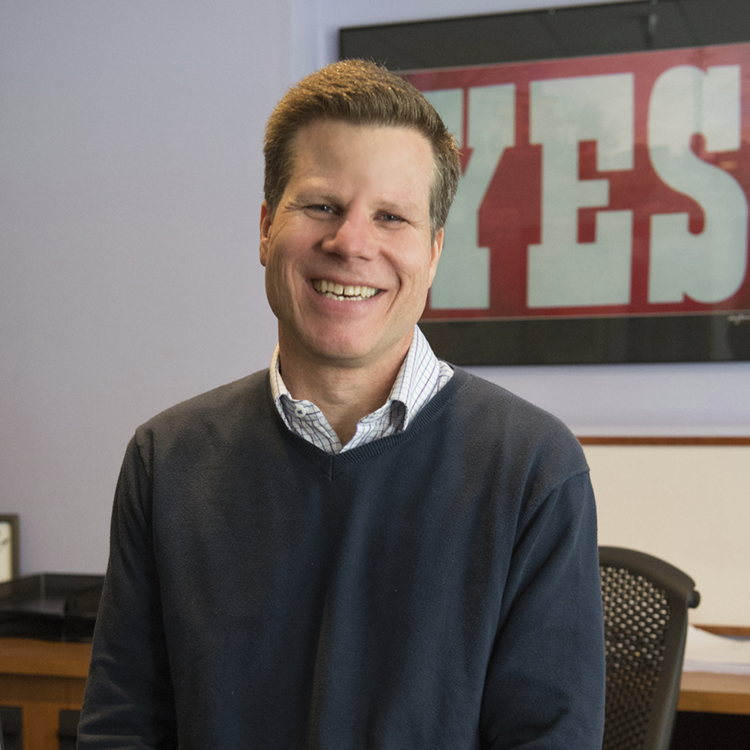
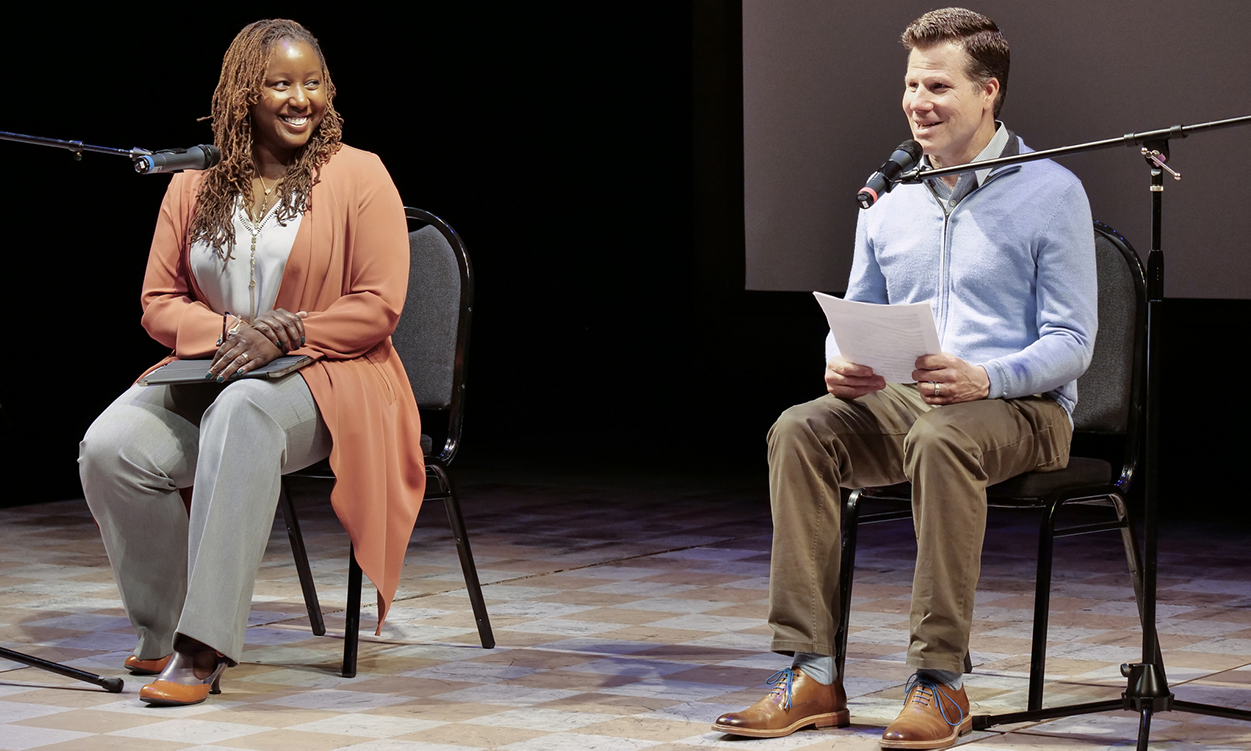
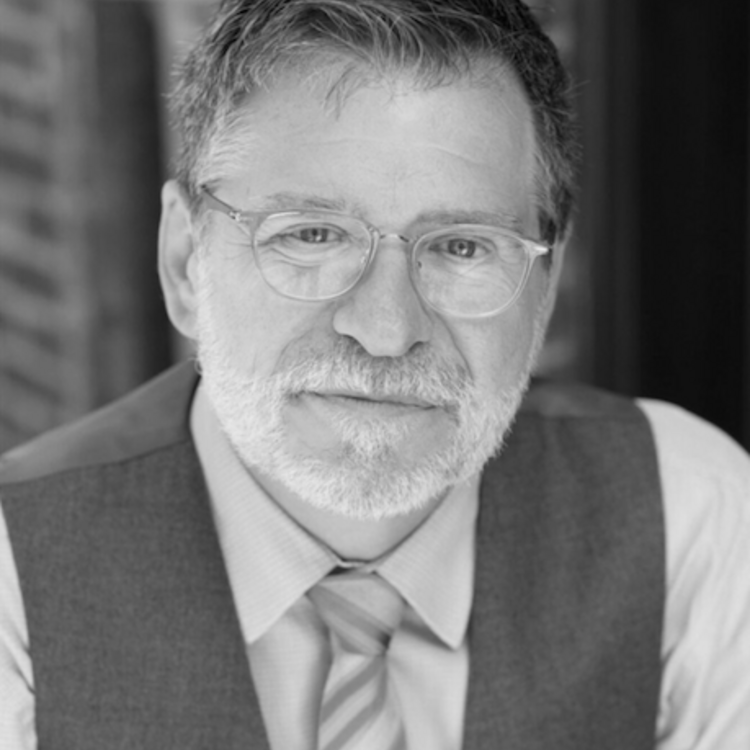
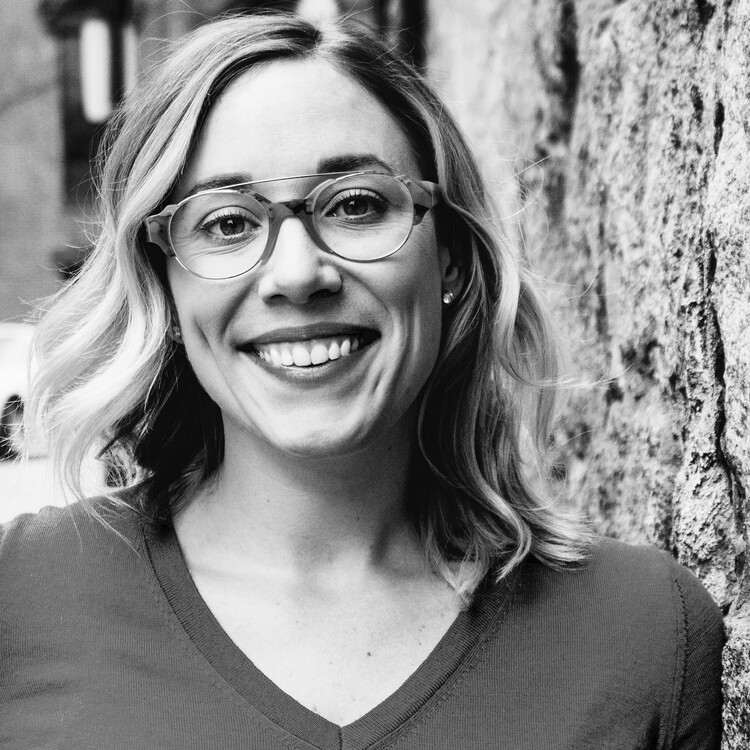
Comments
The article is just the start of the conversation—we want to know what you think about this subject, too! HowlRound is a space for knowledge-sharing, and we welcome spirited, thoughtful, and on-topic dialogue. Find our full comments policy here